In today’s fast-paced world, sleep is often seen as a luxury rather than a necessity. Many people find themselves reaching for that third or fourth cup of coffee to make it through the day, dismissing signs of sleepiness as mere inconveniences. However, a new position paper by the American Academy of Sleep Medicine (AASM) warns that chronic sleepiness is not just a harmless inconvenience but a serious health concern with far-reaching consequences. This paper, supported by 25 different medical organizations, including the American Academy of Neurology and the National Safety Council, underscores the urgent need to recognize and address sleep deficits to protect both individual health and public safety.
The Wide-Reaching Consequences of Sleepiness
“Sleepiness is a serious health concern with wide-reaching consequences,” said AASM President Dr. Eric Olson, a pulmonologist and sleep medicine specialist at the Mayo Clinic in Rochester, Minnesota. The effects of excessive daytime sleepiness are not limited to personal discomfort but extend to public safety and long-term health risks. Drowsy driving crashes, workplace errors, and chronic health conditions are all linked to inadequate sleep. According to experts, not getting a quality night’s rest of at least seven to eight hours can lead to the development or worsening of diabetes, depression, heart and kidney disease, high blood pressure, obesity, and stroke.
The prevalence of excessive sleepiness is alarming, with one-third of U.S. adults reporting they experience it regularly. “The importance of identifying interventions that recognize, assess, and treat it cannot be understated,” Olson emphasized. Despite these warnings, many people continue to dismiss signs of sleepiness as insignificant, failing to recognize the potential dangers.
Recognizing the Signs of Sleep Deficit
Sleep specialists warn that signs of sleepiness, such as dozing off during a work meeting, should not be ignored. “Nodding off in boring meetings is an indication of insufficient sleep. Someone who is fully rested will not fall asleep in meetings, no matter how boring the meeting is,” said sleep specialist Kristen Knutson, an associate professor of neurology and preventive medicine at Northwestern University’s Feinberg School of Medicine in Chicago. Excessive daytime sleepiness can impair performance and be an indicator of underlying sleep disorders or other health issues. If someone experiences this regularly, they should discuss it with their physician.
The body exhibits unusual symptoms when it is continuously sleep-deprived. For instance, the brain may send false signals that you are coping with the lack of sleep, when in reality, you are not. “The unfortunate thing is data shows that with chronic partial sleep deprivation, the ability to perceive our own level of impairment is no longer accurate—we think we’re OK when we’re really not,” said AASM board member Dr. Indira Gurubhagavatula, a professor of sleep medicine at the Veteran’s Administration Medical Center at Penn Medicine in Philadelphia. Tests measuring brain function, such as reaction time, memory recall, and coordination, reveal that sleep-deprived individuals make many mistakes, yet they maintain an inappropriately high level of confidence in their abilities.
The Dangers of Microsleeps
One particularly dangerous symptom of chronic sleepiness is microsleeps—brief episodes where the brain essentially naps for a few seconds. “Your brain is actually going into brief two-second, three-second, 10-second microsleeps and then popping back out, and you may not even realize this is happening,” Gurubhagavatula explained. This can be extremely hazardous if you are driving or performing tasks that require alertness. Statistics show that about 100,000 car accidents a year are linked to drowsy driving. If you feel like you might fall asleep, it is crucial to pay attention to this warning sign and avoid activities like driving.
Measuring Your Level of Sleepiness
To determine if your sleepiness is crossing into the danger zone, you can use tools like the Epworth Sleepiness Scale. This scale asks how likely you are to fall asleep in various sedentary situations, such as sitting quietly after lunch, lying down in the afternoon, sitting inactive in a public place, reading, chatting with someone, riding as a passenger in a car, sitting in traffic, and watching television. Patients rate their likelihood of falling asleep in these situations from zero to three. A maximum score of 24 indicates severe sleepiness, while scores above 10 are considered clinically significant and warrant intervention.
As sleep deprivation progresses, symptoms can intensify. “You have droopy eyelids, your body is slumping, you’re having trouble staying upright, and some people even notice vertigo, the room spinning, hands shaking with severe deprivation,” Gurubhagavatula said. Behavioral changes, such as recklessness and impulsivity, can also indicate severe sleep deprivation.
Identifying and Addressing the Causes of Sleepiness
Sleep disorders such as sleep apnea, insomnia, restless leg syndrome, and circadian rhythm sleep disorders, as well as chronic pain conditions and medications, can contribute to sleepiness. A sleep specialist can help rule out these conditions. “You can also ask your pharmacist about your prescriptions, and you should also consider any over-the-counter medications,” Gurubhagavatula advised.
Lifestyle behaviors also play a significant role in chronic sleepiness. Excessive caffeine intake, alcohol use before bed, marijuana use, and poor sleep hygiene can all affect sleep quality. Many people mistakenly believe that alcohol or marijuana can improve sleep. While alcohol may initially make it easier to fall asleep, it often leads to waking in the middle of the night once it is metabolized. “I have patients that are very surprised how much better their sleep is when they get rid of that one drink they have with dinner,” Gurubhagavatula said. Similarly, marijuana has been shown to decrease sleep efficiency and increase daytime tiredness.
Prioritizing Sleep for Health and Safety
The American Academy of Sleep Medicine’s position paper serves as a stark reminder that chronic sleepiness is not a trivial issue but a serious health concern with significant consequences. The effects of sleep deprivation extend beyond personal discomfort to impact public safety and long-term health. Recognizing the signs of sleep deficit and addressing the underlying causes is crucial for both individual well-being and societal safety.
If you find yourself yawning frequently or relying on multiple cups of coffee to get through the day, it is time to take action. Discuss your symptoms with a healthcare provider, evaluate your lifestyle habits, and consider tools like the Epworth Sleepiness Scale to measure your level of sleepiness. By prioritizing sleep and addressing sleep deficits, we can improve our health, enhance our performance, and reduce the risks associated with chronic sleepiness. In a world where sleep is often overlooked, it is essential to recognize that quality sleep is not a luxury but a fundamental necessity for a healthy and safe life.

By Samuel Cooper/Apr 16, 2025
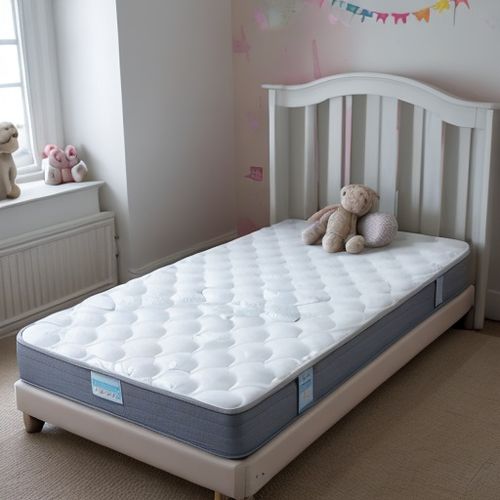
By James Moore/Apr 16, 2025

By Sophia Lewis/Apr 16, 2025
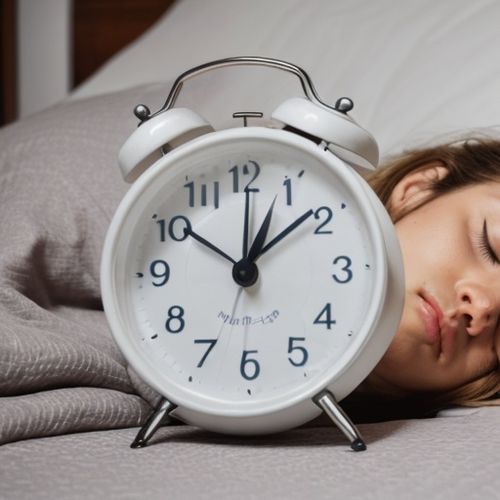
By Michael Brown/Apr 16, 2025

By Christopher Harris/Apr 16, 2025
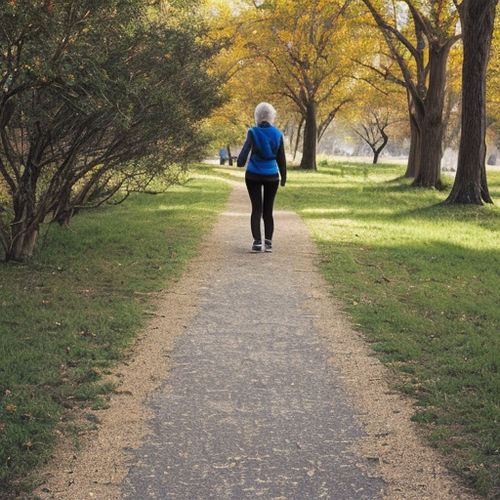
By Natalie Campbell/Apr 16, 2025

By George Bailey/Apr 16, 2025

By Thomas Roberts/Apr 16, 2025

By Natalie Campbell/Apr 16, 2025

By John Smith/Apr 16, 2025

By Emma Thompson/Apr 15, 2025

By Lily Simpson/Apr 15, 2025
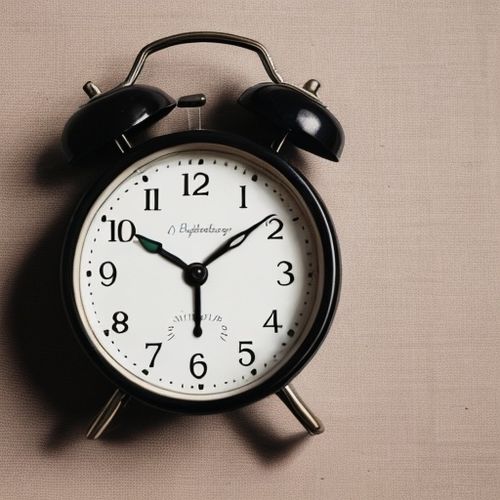
By Noah Bell/Apr 15, 2025

By Victoria Gonzalez/Apr 15, 2025

By Benjamin Evans/Apr 15, 2025
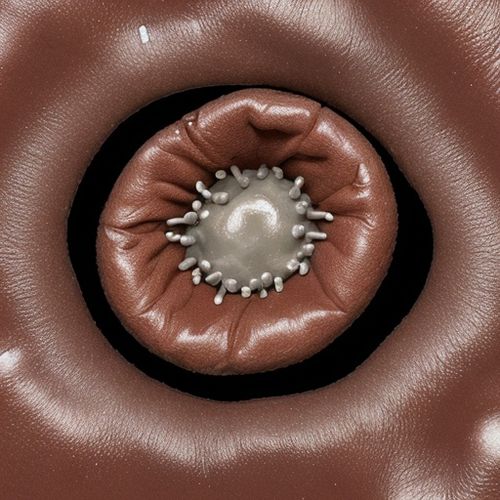
By Joshua Howard/Apr 15, 2025
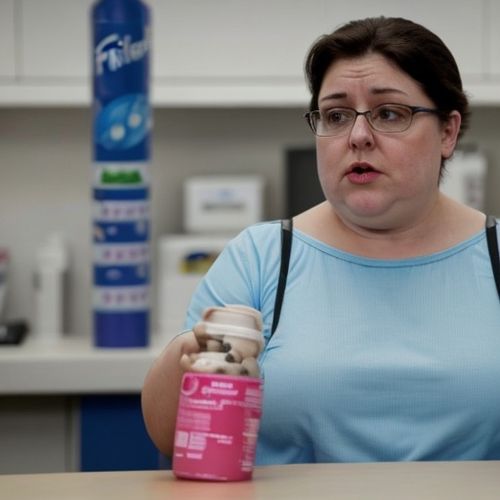
By Daniel Scott/Apr 15, 2025

By Amanda Phillips/Apr 15, 2025

By James Moore/Apr 15, 2025
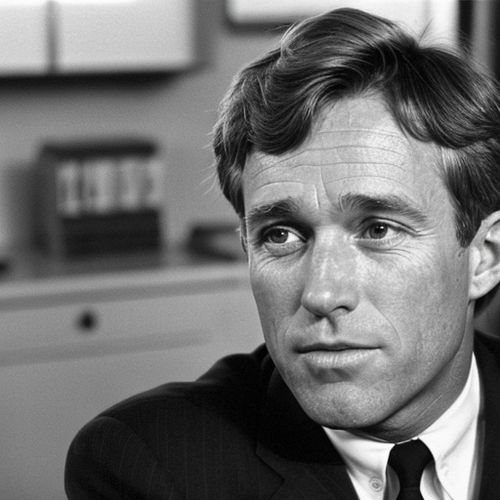
By Grace Cox/Apr 15, 2025